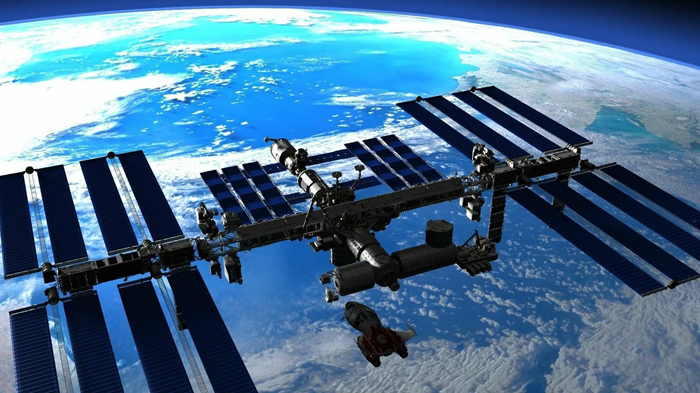Space still attracts desperate adventurers and romantics. And millions of government budgets and private investments. According to forecasts, the space industry will reach $1.8 trillion by 2035, catching up with the semiconductor industry.
Huge financial injections will accelerate the space economy to $6.1 trillion by 2064, and by that time, if we believe the plans of space corporations, we will be much closer to the exploration of Mars and the Moon.
But instead of modeling the future, we suggest looking back – the past months have brought important news from the world of space. Who knows, maybe they will become the starting point of human expansion beyond the Earth.
Farewell to the legend
This year it became known how the International Space Station (ISS) will end its long journey and who will accompany it. In June, SpaceX signed an $843 million contract with NASA. Under the terms of the agreement, Elon Musk’s aerospace company will create a ship that will be able to take the station out of orbit and send it into the Earth’s atmosphere.
NASA analysts considered various options for destroying the ISS, including the possibility of disassembling it right in space or saving at least some of it. However, any solutions other than disposal turned out to be technically and economically impractical. Therefore, after 2030, a SpaceX rocket will take the ISS out of orbit and send it towards our planet, in whose atmosphere the station will partially burn up. And partly rest on the bottom of an uninhabited area of the Pacific Ocean. It is likely that national and private space stations will replace the ISS.

